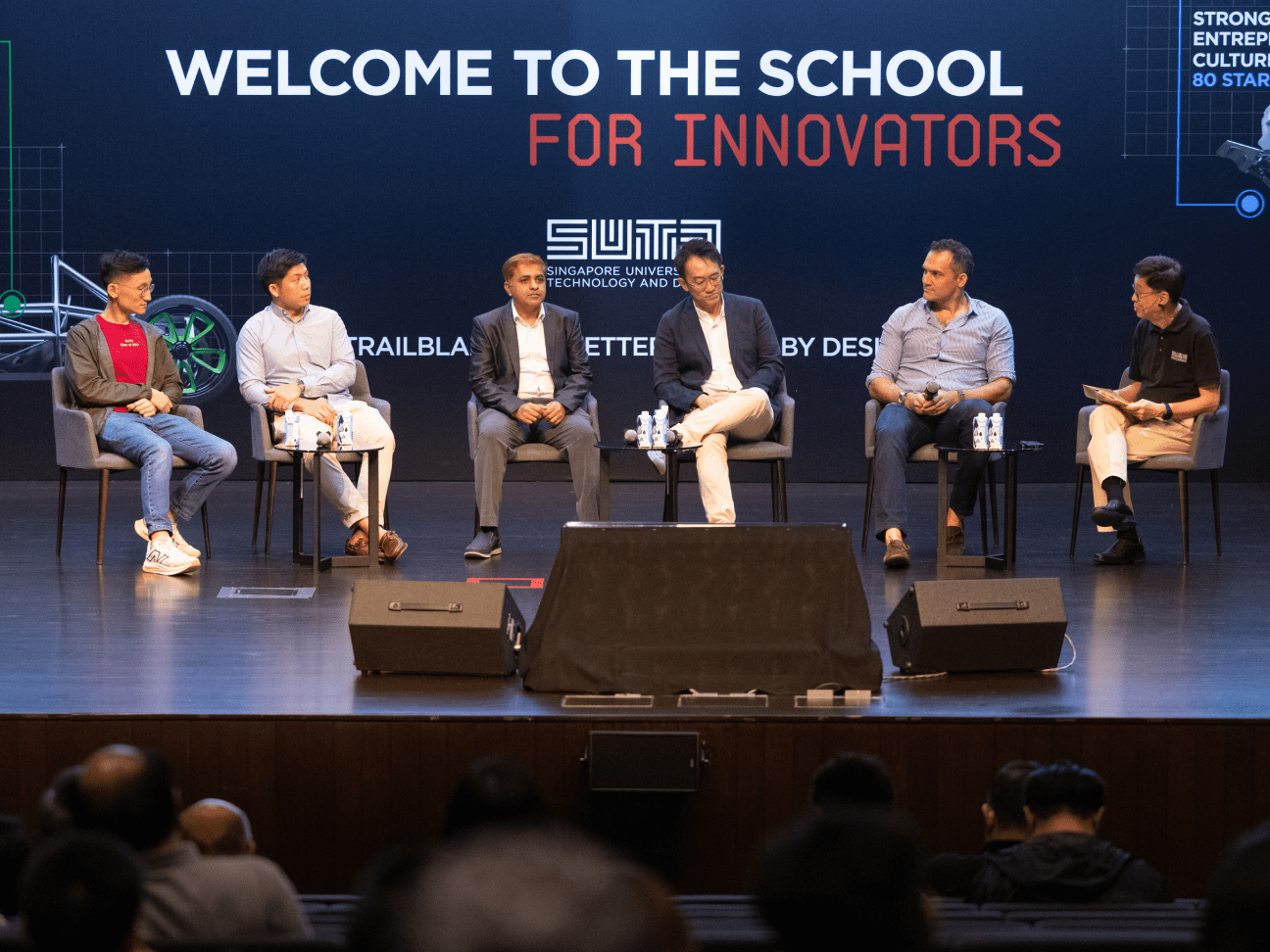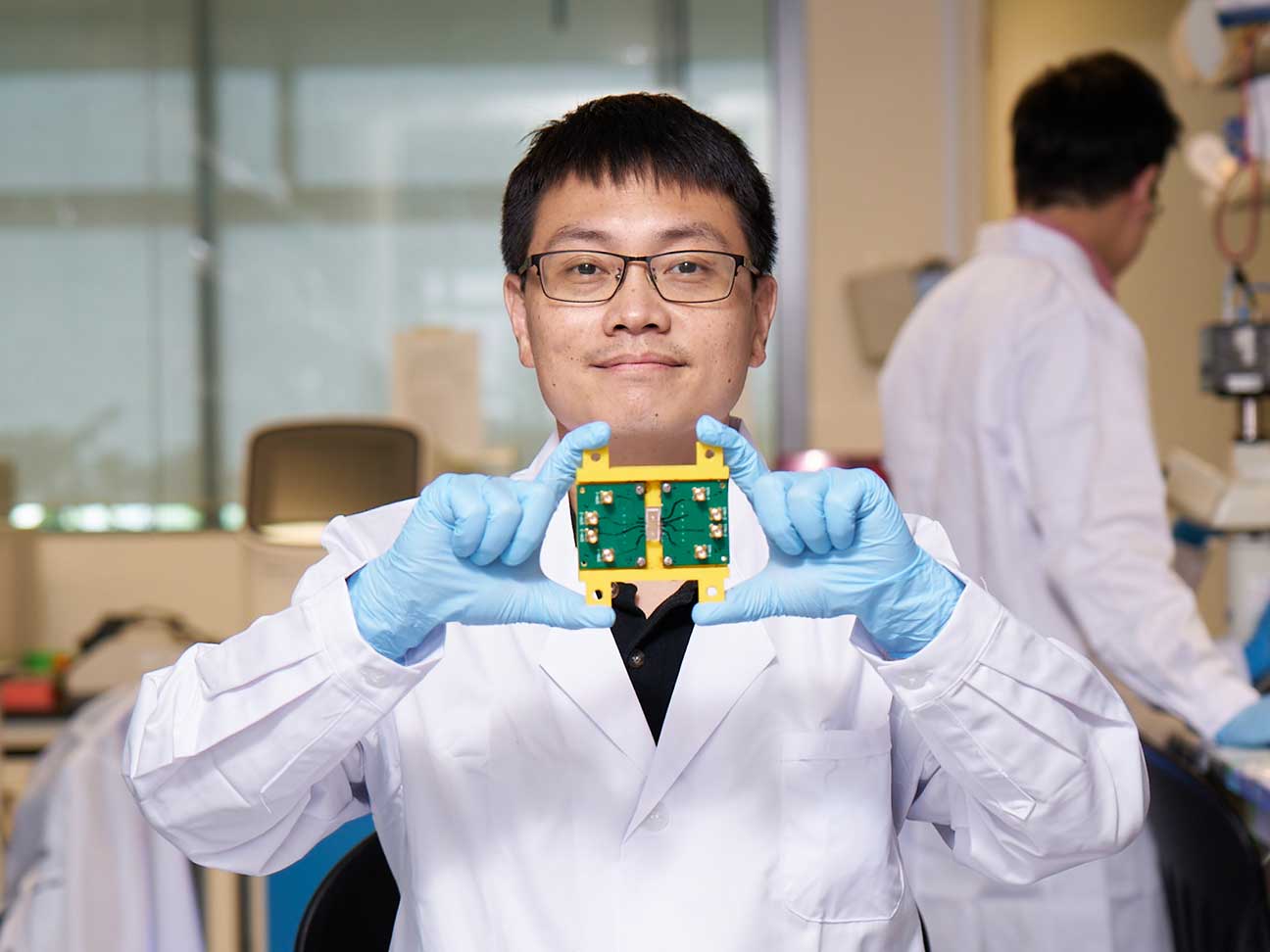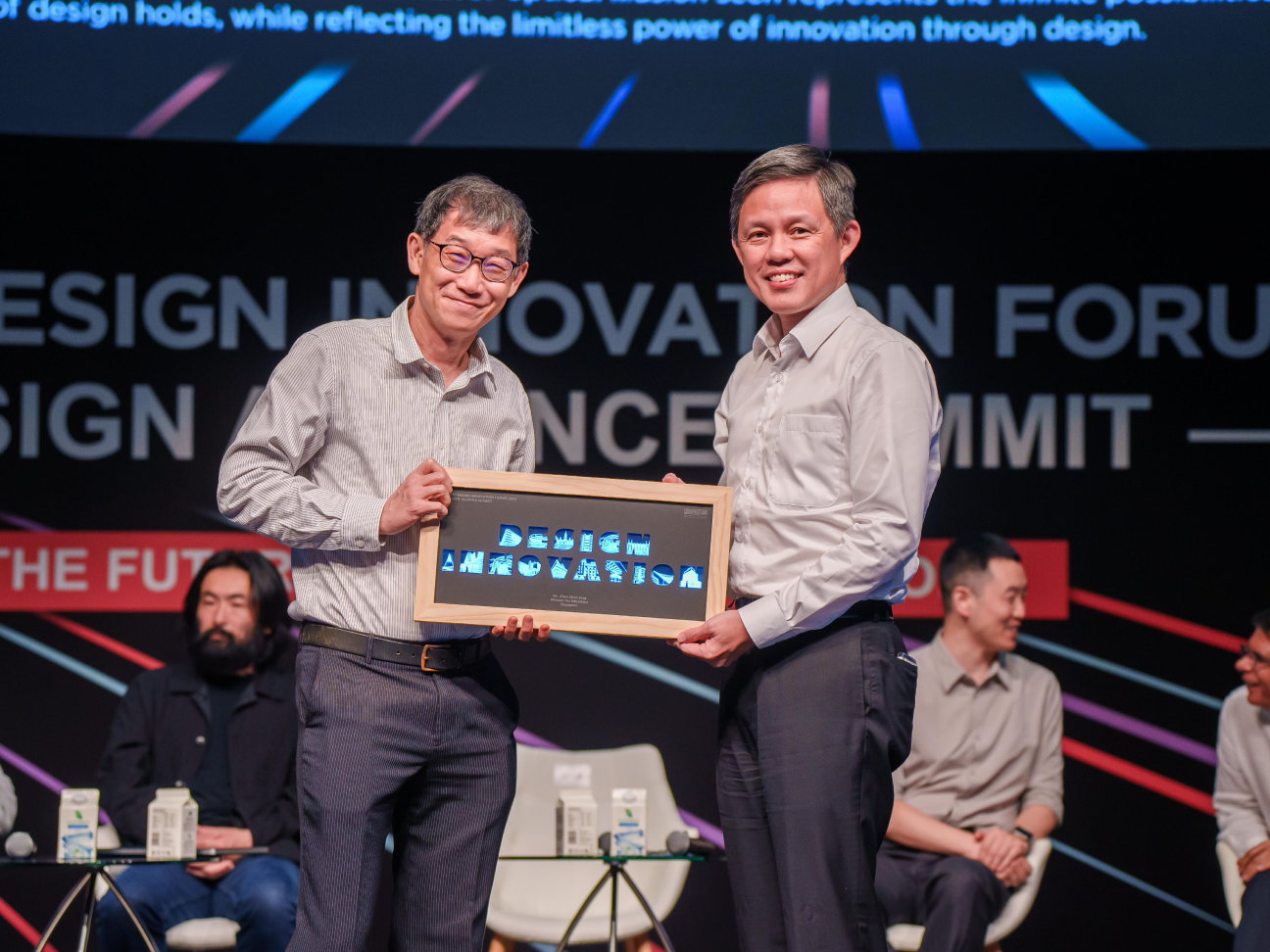News
Interview with Professor Lim Sun Sun, Head of Humanities, Arts and Social Sciences at SUTD and Nominated Member of Parliament in Singapore
Featuring Professor Lim Sun Sun
When high-rise living gets a lift
Singapore’s very own Kampung Admiralty has earned the premiere accolade for architectural design – named Building of the Year at this…
Excuse me, are you an 'elite'?
Featuring Dr Nilanjan Raghunath
The Big Read: With Facebook’s credibility under siege, time for the Government to ‘unfriend’ it?
SINGAPORE: It was not too long ago that Facebook was a politician’s best friend. As the social media platform started taking off in…
Dispelling 3 Fallacies About Examinations
We ask experts the one skill that spanned their careers
Panellists at Innovation Labs World weighed in on career changes, mindset shifts, and the elasticity of job roles.
Countering fake news is more than just about having new laws, experts say
Given the varied consequences of online falsehoods and the difficulty in tracking perpetrators who are continuously finding ways to hide their tracks, experts said that countering fake news and those who spread them has to go beyond just introducing new laws.
Crazy Rich Asians: The return of Sham-East Asia?
While Chu’s film is celebrated as a diversity win in the West, in the East it’s seen as more of the same Western gaze.
Nine new Nominated MPs picked for 2½-year term
Among them are para swimmer, social entrepreneur and labour economist; two are below 30
Paralympic swimmer Yip Pin Xiu is youngest among 9 NMPs to be appointed
SINGAPORE — For the first time, there will be two candidates under the age of 30 among the new batch of nine Nominated Members of Parliament (NMPs), with Paralympic swimmer Yip Pin Xiu set to be the youngest person to take up the post at the age of 26.




